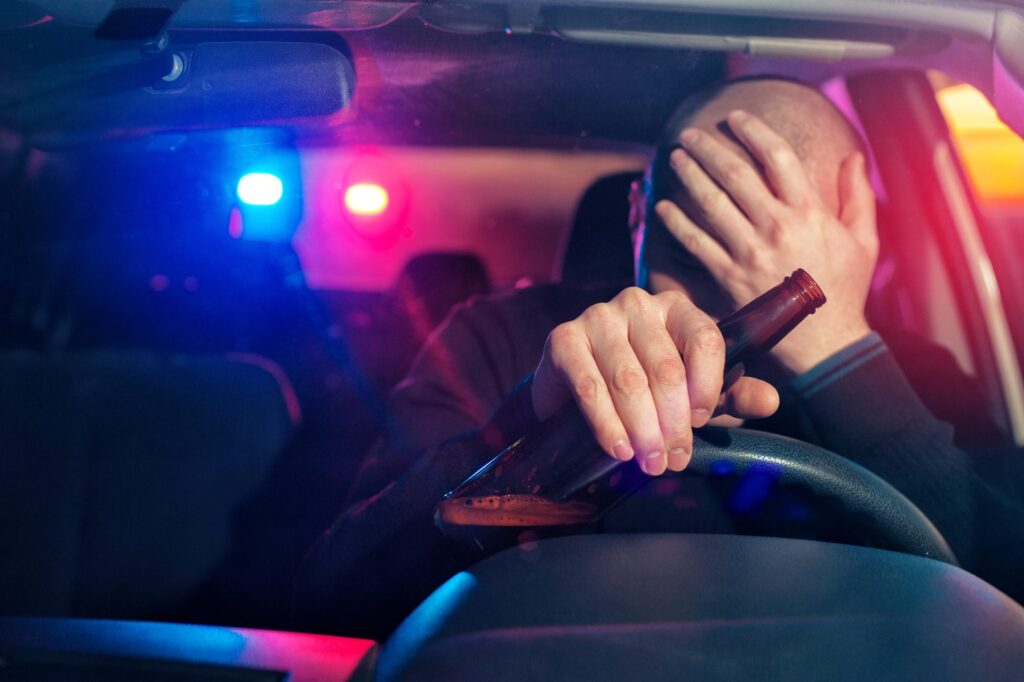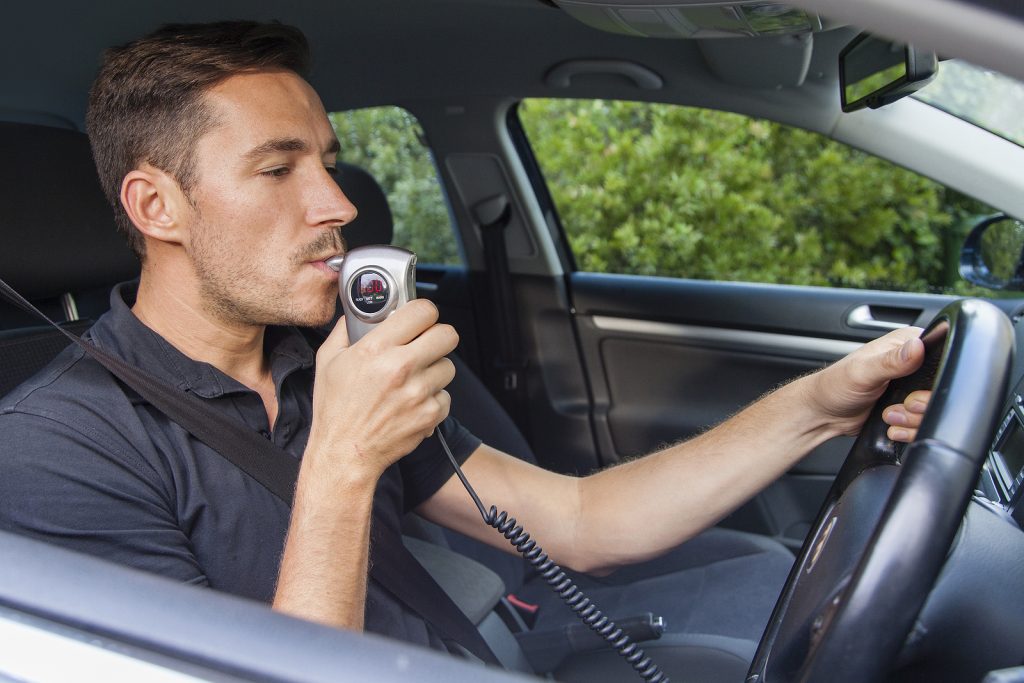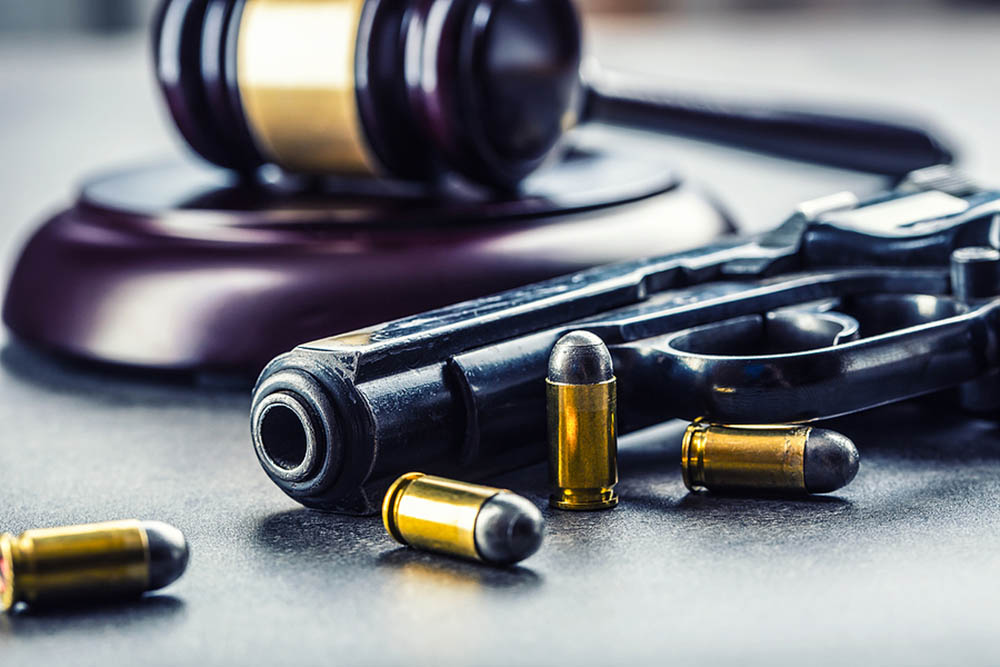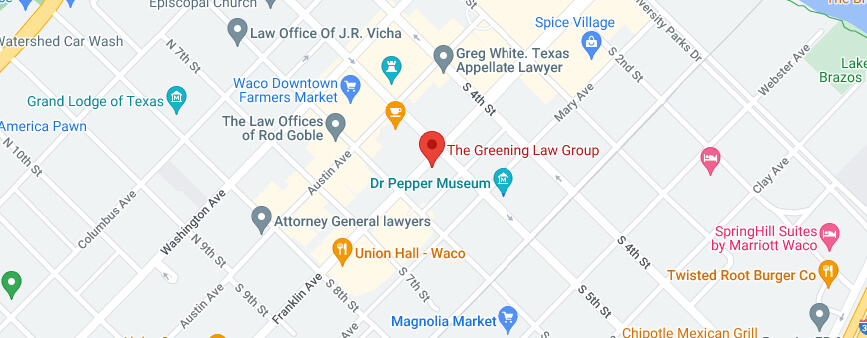It’s almost Independence Day, and we’re all getting the grill out to celebrate! There are many ways Texans like to celebrate the 4th, such as bonfires, barbecues, and beers. Another popular choice for celebration is fireworks. But be careful; even though the State of Texas allows fireworks sales to consumers without special licensing (with restrictions), the laws regarding fireworks sales and use differ by city.
It’s important to know what’s allowed in your city, to avoid arrest, fines, or seizure of your fireworks this holiday season. Keep reading to see what your city enforces when it comes to fireworks.
What the State of Texas Says:
Fireworks can be sold only at certain times of the year, typically during a week or so leading up to a major holiday. Besides Fourth of July and New Year’s, Texas counties have the choice of also including Texas Independence Day (March 2), San Jacinto Day (April 21), Cinco de Mayo (May 5), and Memorial Day. You can use fireworks any day of the year as long as they are not banned in the area you live.
Section 2154.003 Permissible Fireworks
(a) Except as provided by Subsection (b), Fireworks 1.4G are permissible fireworks. (b) The following are not permissible fireworks:
(1) sky rockets or “bottle rockets” with:
(A) a total propellant charge of less than four grams;
(B) a casing size of less than five-eighths of an inch for the outside diameter and less than 3-1/2 inches in length; and
(C) an overall length, including stick, of less than 15 inches; and
(2) other fireworks determined not acceptable by the United States Consumer Product Safety Commission.
(c) The term “bottle rocket” may not be used in association with the advertisement or sale of fireworks.
(d) In addition to the items described by Subsection (b), pop rockets with a propellant casing length of less than five inches, an exterior diameter of less than three-fourths of an inch, and an overall total rocket length of less than 26 inches are not permissible fireworks.
Section 2154.251 Prohibited Use of Fireworks
(a) A person may not:
(1) explode or ignite fireworks within 600 feet of any church, a hospital other than a veterinary hospital, an asylum, a licensed child care center, or a public or private primary or secondary school or institution of higher education unless the person receives authorization in writing from that organization;
(2) sell at retail, explode, or ignite fireworks within 100 feet of a place where flammable liquids or flammable compressed gasses are stored and dispensed;
(3) explode or ignite fireworks within 100 feet of a place where fireworks are stored or sold;
(4) ignite or discharge fireworks in or from a motor vehicle;
(5) place ignited fireworks in, or throw ignited fireworks at, a motor vehicle;
(6) conduct a public fireworks display that includes Fireworks 1.3G unless the person is a licensed pyrotechnic operator;
(7) conduct a proximate display of fireworks that includes Fireworks 1.3G or Fireworks 1.4G as defined in NFPA 1126 Standards for the Use of Pyrotechnics Before a Proximate Audience unless the person is a licensed pyrotechnic special effects operator and has the approval of the local fire prevention officer; or
(8) sell, store, manufacture, distribute, or display fireworks except as provided by this chapter or rules adopted by the commissioner under this chapter.
(b) A person may not manufacture, distribute, sell, or use fireworks in a public fireworks display without an appropriate license or permit. Fireworks manufactured, distributed, sold, or used without an appropriate license or permit are illegal fireworks.
Section 2154.252 Certain Sales of Fireworks Prohibited
(a) Unless the fireworks conform to the standards of the United States Consumer Product Safety Commission and the department, a person in this state may not:
(1) sell the fireworks at retail;
(2) offer the fireworks for retail sale;
(3) possess the fireworks for retail sale in this state; or (4) transport, use, or explode the fireworks in this state.
(b) A person may offer for sale to the general public Fireworks 1.4G only at authorized retail locations. All mail order sales of Fireworks 1.4G are prohibited.
(c) Fireworks may not be sold or offered for sale to children under 16 years of age or to an intoxicated or incompetent person. A person selling fireworks at retail shall make a reasonable effort to determine that potential purchasers of fireworks are of the minimum age required by this subsection.
(d) A licensed manufacturer, distributor, jobber, or importer may not sell fireworks to a person who does not hold a license or permit.
What Your City Says:
Bryan-college Station:
In the City of Bryan, the possession, storage, sale, use and discharge of fireworks of all types are prohibited. This includes all types of consumer fireworks, including firecrackers, smoke bombs, fountains, sparklers, poppers and roman candles.
In College Station, the discharge of fireworks within 5,000 feet of the city limits is a misdemeanor and can result in fines up to $2,500.
Waco:
It is a violation of City ordinances to possess, use, manufacture, sell, give away, transport or discharge fireworks within the city limits of Waco or within 5,000 feet of the city limits without a permit from the fire marshal. The ordinance also prohibits the possession of fireworks by a minor.
The only fireworks allowed in the city limits without a permit are “snakes,” smoke bombs, “snap and pops,” sparklers and champagne poppers. Fireworks sold by retail stores such as Wal-Mart, Target, etc., are allowed. Fireworks purchased at stands outside the city limits (except for items listed above) are illegal to use or own.
https://www.waco-texas.com/fire/fire-prevention.asp#gsc.tab=0
Temple:
Even though fireworks sales are legal in Bell County, it remains against the law to sell, possess, or set off fireworks in the city limits. Local lake parks are also asking that residents keep fireworks away. This restricts legal fireworks to private properties outside of the city limits.https://www.templetx.gov/news_detail_T13_R280.php
Houston:
It is illegal to discharge fireworks in the City of Houston. A Texas House Bill allows for the transportation of fireworks, however there are restrictions including where the fireworks are located inside the vehicle and if they are opened or unopened. See HB1813 for more information >>>
The City will continue to enforce, in compliance with state law, fire and safety regulations within the city.
Harris County residents should also be aware that HFD will be enforcing the fireworks ban in the Limited Purpose Annexation Areas.
The fines are anywhere from $500 – $2000 for each individual firework.
Warnings are no longer used because of the seriousness of the firework laws. If a minor is caught with fireworks, the parent or guardian will receive the fine even if they were unaware of the minor’s possession and/or usage.
Even though it is legal to buy, possess, and use consumer fireworks (1.4G) in the unincorporated areas of Harris County, there are some places you cannot use fireworks even in the unincorporated county. Such as near churches, hospitals an asylum, a licensed child care center, or a public or private primary or secondary school or institution of higher education unless the person receives authorization in writing from that organization.
https://houstontx.gov/fire/safetyinfo/fireworks.html
Austin:
The City of Austin has adopted an ordinance forbidding the storage, use, and handling of fireworks within the City of Austin. The Austin Fire Department has aggressively sought compliance with this ordinance.
The U.S. Department of Transportation does not classify the following items listed as common fireworks, and their use is allowed within the City of Austin:
-
Snake, GlowWorms – Pressed pellet of pyrotechnic composition that produces a large, snakelike ash upon burning. The ash expands in length as the pellet burns. These devices may not contain mercuric thiocyanate.
-
Smoke Device – Tube or sphere containing pyrotechnic composition that, upon ignition, produces white or colored smoke as the primary effect.
-
Wire Sparkler – Wire coated with pyrotechnic composition that produces a shower of sparks upon ignition. These items may not contain magnesium and must not exceed 100g of composition per item. Devices containing any chlorate or perchlorate salts may not exceed 5g of composition per item.
-
Trick Noisemaker – Item produces a small report intended to surprise the user. These devices include:
-
Party Popper – Small plastic or paper item containing not more than 16mg of explosive composition that is friction-sensitive. A string protruding from the device is pulled to ignite it, expelling paper streams and producing a small report.
-
Booby Trap – Small tube with string protruding from both ends, similar to a party popper in design. The ends of the string are pulled to ignite the friction-sensitive composition, producing a small report.
-
Snapper – Small, paper-wrapped item containing a minute quantity of explosive composition coated on small bits of sand. When dropped, the device explodes, producing a small report.
-
Trick Match – Kitchen or book match that has been coated with a small quantity of explosive or pyrotechnic composition. Upon ignition of the match, a small report or a shower of sparks is produced.
-
Cigarette Load – Small wooden peg that has been coated with a small quantity of explosive or pyrotechnic composition. Upon ignition of the match, a small report or a shower of sparks is produced.
-
Auto Burglar Alarm – A tube which contains pyrotechnic composition that produces a loud whistle and/or smoke when ignited. A small quantity of explosive, not exceeding 50mg, also may be used to produce a small report. A squib is used to ignite the device.
-
**While no permit is required for the devices above, users should follow all of the Manufacturer’s safety, handling, and storage recommendations and these devices should always be used in a safe outdoor location.
https://www.austintexas.gov/department/fire/faq
The Consequences:
If you are found in possession of illegal fireworks in Texas, you could face steep fines and the seizure of your fireworks. If you’re in any doubt, check with your city’s local government before buying, selling, or using fireworks.
If you’ve been arrested or charged with a criminal offense for the illegal sale or use of fireworks, call us today for a free consultation with an experienced, dedicated criminal defense attorney: 979-779-2000.










